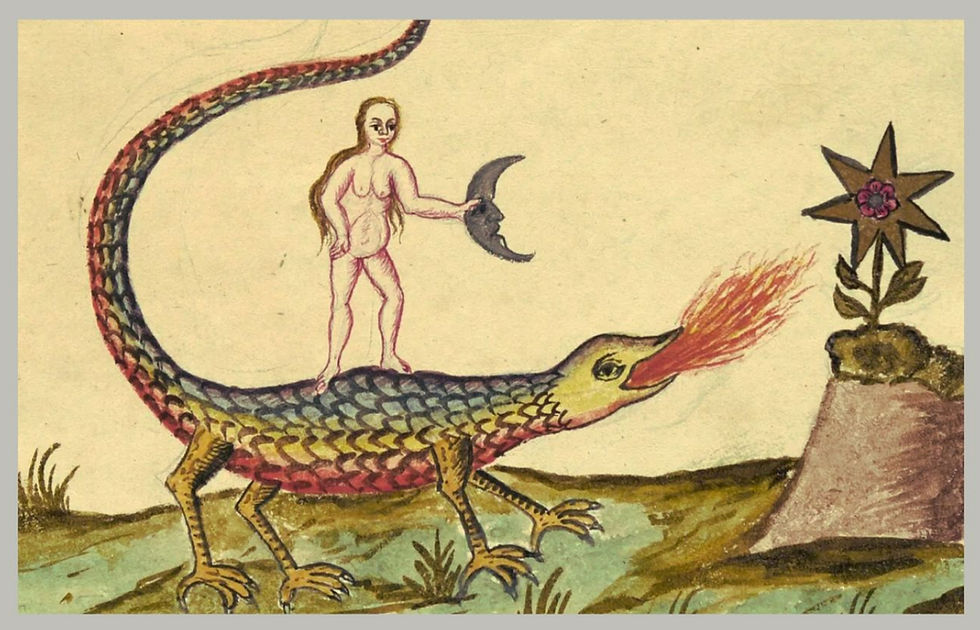Courage to Live
- Ekta Kumar
- Sep 6, 2022
- 3 min read
We are probably the only species that kill ourselves.

We are probably the only species that kill ourselves. Around the world one person does it every 40 seconds. And for each one of us that takes this drastic, irrevocable step, there are so many others who try and fail. What could be the reason for the persistence of such self destructive behaviour, one that goes against the basic principles of survival.
There is a natural fear of death. Our reactions to avoid it are hardwired into us – if you strangle me and I will struggle, hurt me and I will scream. The primal instinct to survive is so strong, how do we overcome that and how does a person take their own life.
Perhaps humans like all other animals want to escape from pain. In our case, it is not just pain limited to our bodies, but also that we harbour in our minds. Our minds that have evolved over thousands of years into complicated web of desires, projections, memories and expectations. Animal minds are simple. Only we can feel emotional pain to the degree that we are desperate to escape, even if it means death.
Is the primary goal then to end life, or to end pain. There are no easy answers to suicide. We know it exists, but don’t really pay much attention to it, unless it is someone we personally know. When a celebrity like Sushant Singh Rajput takes his own life, it brings the conversation around suicide back to the table.
It is difficult to understand a young person cutting short a life full of promise. Especially when it is someone like him, who seemingly had it all – personality, good health, fame, wealth. We can only speculate on the reason ‘why’, but the answer is elusive. Scientists and experts have been trying to figure it out.
There are several theories around suicide that have been developed over the past century, across the academic spectrum – biology, medicine, sociology and humanities. There have been huge advances in the study of the human brain in neurosciences. We are beginning to understand how it works and the various chemicals it secretes, that influence our thinking and our behaviour. Suicidal tendencies are a complex phenomenon that can be traced back to our genes, our psychology, familial history, stressful events, it could be rooted in socio-cultural norms and so on. There is no direct treatment, but it has been recognised as a multidisciplinary problem, where suicidal impulses are be controlled through a wide range of methods – medication, therapy, community support, to using cultural deterrents like religion, laws, belief in afterlife and so on. But there is no straight solution.
The past few months have not been easy. We are all trying to deal with the aftermath of Covid19. But while we focus on the virus, we must not ignore the possible pandemic of mental illness that is shadowing the disease. Depression is a common mental disorder, and one of the main causes of disability worldwide. About 264 million people struggle with it everyday. That number would have increased in the recent months. We’ve been locked down, dealing with job uncertainty, loss of livelihoods, aware of the vulnerability of life, alienated from friends and family, fearing infection, for a prolonged period of time – it must take a toll.
We must acknowledge the vastness of the problem that confronts us as a whole, and also the fragility of individuals facing it. We will not be able to understand it or heal it if we see this as a private problem, limited to suffering individuals. It can afflict anyone, and there will be others who succumb.
Each one of us have our moments of despair. It is the supreme tragic truth of being human. To feel, to want and to have a higher ambition, greater than animals. And thus we must accept, hurting will be a part of our life.
The news of the Sushant Singh Rajput’s death makes us aware of our own mortality. Life is precious, and frail. He played a few inspirational roles on screen, perhaps his death will also remind us to be brave, to be inspired, to learn and grow, and most of all be connected, with life and the world around us.



Comments